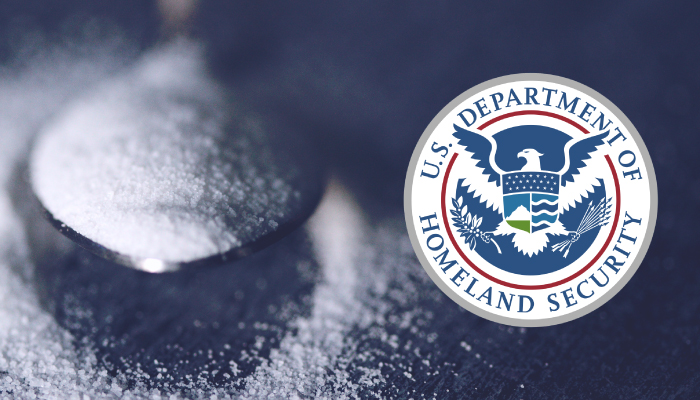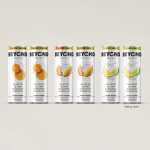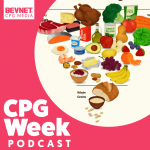Stevia Brand Fined for Using Chinese Prison Labor

U.S. Customs and Border Patrol (CBP) announced yesterday that it had collected a $575,000 fine from stevia producer Pure Circle USA, a division of PureCircle Limited, for importing sweetener that was made by prison labor in China.
A violation of the 2015 Trade Facilitation and Trade Enforcement Act, the action against the company comes after an investigation that began in 2016, when the Obama administration run CBP received an “allegation” from a Non-Governmental Organization (NGO) as to the origins of some of the company’s stevia. The stevia in question was found to be produced in China by Inner Mongolia Hengzheng Group Baoanzhao Agricultural and Trade LLC.
The investigation that followed found that Pure Circle U.S.A had “imported at least twenty shipments of stevia powder and derivatives produced from stevia leaves that were processed in China with prison labor,” CBP said yesterday.
CBP also issued a Withhold Release Order (WRO) in 2016 that resulted in all stevia produced by PureCircle Ltd in China “to be detained at all U.S. ports of entry” until the company was able to show proof that its products were not produced with forced labor. In June 2016 PureCircle said in a release that the stevia in question had been released after the company submitted traceability documentation and third party verification of its origins. Then in early 2017, the company wrote that it was still working with CBP to remove the WRO but respected the process.
“We fully support CBP’s commitment to ensuring that fair labor practices have been used in the production of any product entering the United States,” PureCircle’s then-CEO Magomet Malsagov said. “PureCircle is committed to human rights and fair labor practices globally in all parts of its business and supply chain.”
PureCircle issued a subsequent release in late January 2017 announcing that the WRO had been removed. However, the CBP’s website notes that a WRO has remained in effect since 2016 against Inner Mongolia Hengzheng Group Baoanzhao Agricultural and Trade LLC.
After this story was published, PureCircle emailed a link to a formal statement in which the company maintained none of its stevia has ever been produced using forced labor. The 20 shipments CBP cited, the company wrote, occurred between 2014 and 2016 and since then there have been no further issues. Rather than “engage in extensive litigation requiring travel to China during the COVID-19 pandemic,” it chose to settle for less than 7% of the amount sought by CBP in penalties, the company said. PureCircle did not “admit any liability” as part of the settlement.
PureCircle has had a tumultuous 2020. Malsagov stepped down as CEO following allegations of accounting irregularities in January. Later, in early April, the company issued its delayed 2019 fiscal year results, reporting a net loss of $79.7 million, and announcing that it was “actively considering various refinancing options.” Less than a month later, ingredient provider Ingredion announced it had acquired 75% of the company.
“This is a significant step forward as we advance our Driving Growth Roadmap and further align our sugar reduction and specialty sweetener platform to the megatrends in the food and beverage industry,” Jim Zallie, Ingredion’s president and CEO said in a release. “PureCircle provides substantial growth potential that is aligned with our strategy to create long-term shareholder value.
Ingredion did not return a request for comment.
















